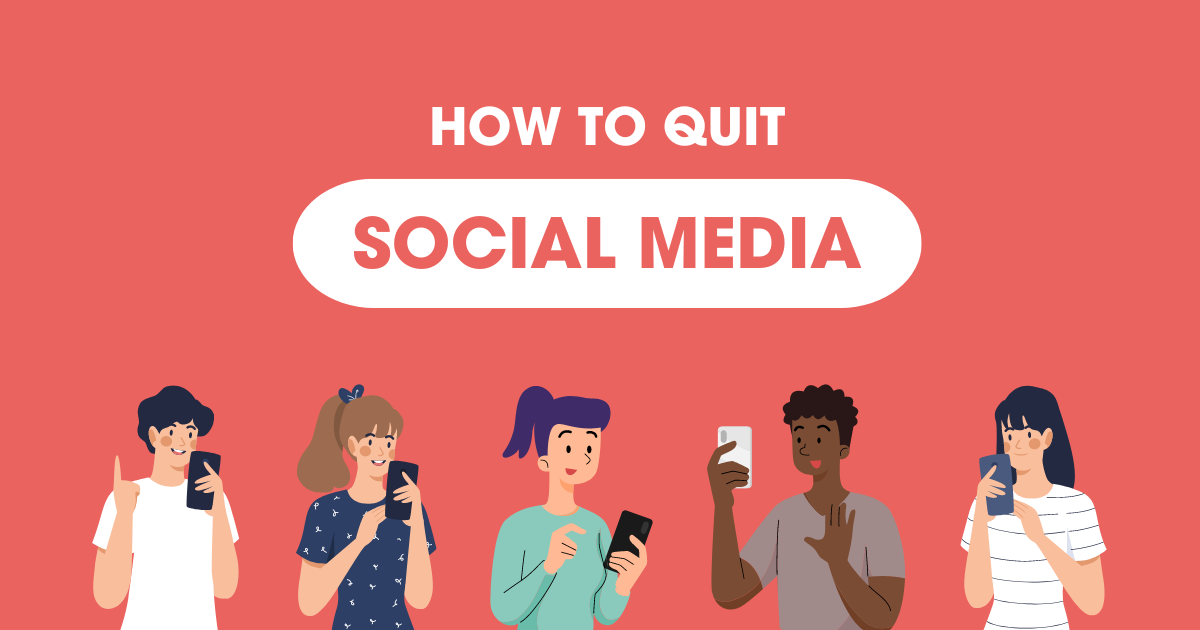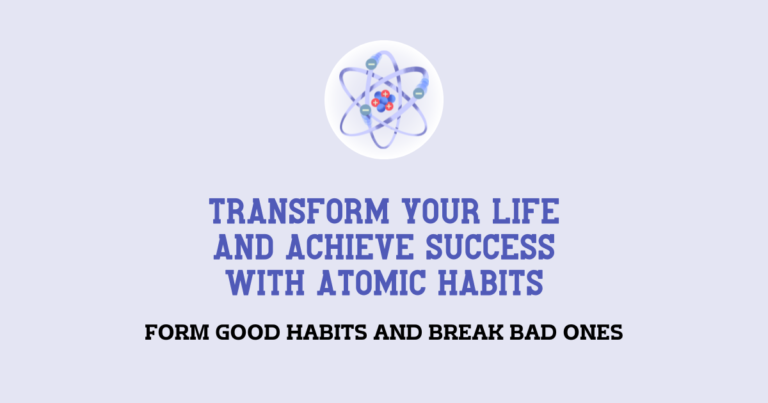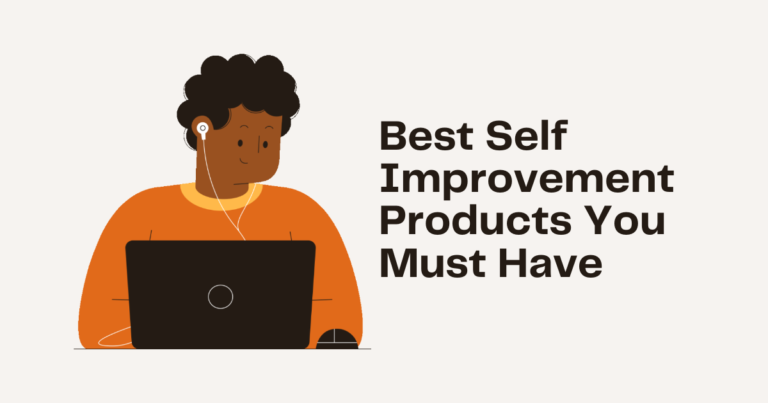How To Break Free From Social Media Addiction
We all do it—quickly scrolling through Instagram, checking Facebook, or glancing at Twitter. Social media has become a regular part of our lives, always trying to catch our attention. But is it really worth it? While social media helps us stay connected and entertained, it often distracts us from more important things. The endless stream of updates and notifications can waste a lot of our time. So, is it time to rethink how much we use it?
The reality is that spending too much time on social media can harm our mental health and well-being more than we realize. Constantly comparing ourselves to others, dealing with the pressure to stay connected, and the fear of missing out can lead to feelings of anxiety, stress, and even depression. It’s easy to get caught up in the never-ending cycle of likes, comments, and shares, but at what cost? We should start thinking about how social media is impacting our lives and whether it’s time to step back and regain control over our time and emotions.
Table of Contents
The Myth of Perfection

Social media is designed to show off the best parts of our lives. We post the highlights—our successes, happy moments, and beautiful experiences. Whether it’s a fancy meal, a great vacation, or a perfect relationship, we share what makes us look good. But we often leave out the struggles, doubts, and everyday routines that make up most of our lives.
This creates a fake image where it looks like everyone else has a perfect life. As we scroll through these polished posts, we can’t help but compare. Our regular, every day lives might start to feel dull in comparison, making us feel like we’re not doing enough or aren’t as successful as others.
These constant comparisons can harm our mental health. We might start feeling inadequate, jealous, or even depressed because our real lives don’t match the idealized versions we see online. It’s important to remember that what we see on social media is just a highlight reel, not the full story of anyone’s life.
The Fear of Missing Out (FOMO)

Social media often makes us feel like we’re missing out. As we scroll through our feeds, we see posts about fun parties, events, and experiences that others are enjoying. This can make us feel like we need to stay connected all the time so we don’t miss out on something exciting.
This constant need to stay updated can make us unhappy with our own lives. We start comparing ourselves to others and think we need to be involved in everything to feel good about ourselves. This can lead us to seek approval from others through likes and comments.

In trying to keep up with what others are doing, we forget to enjoy the simple things in our own lives. We focus too much on what we might be missing instead of appreciating what we have. It’s important to remember that true happiness comes from enjoying the present moment, not from constantly trying to keep up with others online.
The Addiction Factor

Social media is designed to be very addictive. It uses clever algorithms to show us things we like, keeping us hooked. Notifications, likes, and comments make us feel good and encourage us to keep checking our phones.
This constant flow of updates makes us feel like we need to stay connected all the time. We end up scrolling through our feeds for hours without realizing it, wasting time that could be spent on more meaningful activities and real-life interactions.
Spending too much time on social media means we miss out on important experiences and connections in our lives. It’s important to find a balance and make sure we use our time in ways that truly benefit us and our relationships.
The Real World is Calling

While social media can be a valuable tool for staying connected, sharing information, and finding inspiration, it’s crucial to remember that it’s just a tool. It’s not a substitute for real-life interactions, genuine experiences, and self-reflection.
Imagine this: You’re at a beautiful park, surrounded by nature’s wonders. But instead of soaking in the moment, you’re glued to your phone, capturing the scene through the lens of your camera. You’re not truly experiencing the moment, you’re just capturing it to share it online.

The irony is that the very things we crave on social media – happiness, connection, and authentic experiences – are often found in the real world. We’re so focused on capturing the perfect moment for social media that we forget to actually live it.
How to Quit Social Media

How can you escape the social media trap and reclaim your time and energy? Here are some simple steps to help you break free:
Set Time Limits
To manage your social media time, set daily limits on how long you use each app. Use your phone’s settings or special apps that help you keep track of and limit your social media use. These tools will alert you when you’ve spent your set amount of time on social media. This way, you avoid spending too much time scrolling and make room for other activities that can help you have a more balanced and enjoyable life.
Clean Up Your Feed
Take a good look at who you follow and who you’re friends with on social media. If there are people or accounts that make you feel bad or don’t add value to your life, consider unfollowing or removing them. Focus on following accounts that inspire and uplift you, and that bring positivity to your life. This can make your social media experience more enjoyable and help you feel better.
Remove the Apps
If you notice that you’re frequently grabbing your phone to check social media, it might help to temporarily delete those apps from your device. By removing the apps, you’ll reduce the temptation to scroll through your feeds mindlessly. You can still access social media through a web browser if you really need to, but the extra step of going through a browser can make it less convenient and help you break the habit of constant checking. This simple change can give you more control over your time and help you focus on other activities.
Find New Activities
Instead of spending time on social media, use that time for activities that are beneficial for your mind, body, and soul. Consider trying a new hobby that excites you or exploring interests you’re passionate about. Spend quality moments with friends and family, enjoying meaningful conversations and shared experiences. Alternatively, take some quiet time for yourself to relax and reflect. These activities can help you feel more fulfilled and balanced, providing a richer, more rewarding way to spend your time.
Learn to Enjoy Boredom
In a world that constantly seeks to entertain us, embracing boredom can actually be quite valuable. When you’re not distracted by constant stimulation, your mind has the chance to wander freely. This quiet time can lead to bursts of creativity, as your brain makes new connections and explores fresh ideas. It’s during these periods of boredom that you might discover new interests, hobbies, or passions that you wouldn’t have noticed otherwise. Instead of filling every moment with activity or entertainment, allow yourself to experience boredom. It can be a powerful catalyst for self-discovery and personal growth.
By incorporating these steps, you can take control of your social media use and focus on enriching your life with real-world experiences and connections.
The Real Reward

Breaking free from the social media trap can be challenging. It demands intentional effort, self-discipline, and a readiness to move away from the illusion of perfection that online lives often present. However, the benefits of doing so are well worth the effort.
When you take back control of your time and attention, you create space for more meaningful experiences. You can invest in building deeper, more genuine relationships with the people around you. You’ll also have more time to focus on your passions and personal interests, allowing you to engage in activities that truly matter to you.
Moreover, stepping away from social media lets you experience the world more authentically. Instead of being caught up in the carefully curated highlights of others’ lives, you can immerse yourself in real-life moments and find joy in the everyday. This shift can lead to a more fulfilling and balanced life, where you appreciate and engage with the present in a more meaningful way.
So, take a moment to reflect. Ask yourself: Is social media truly enhancing your life, or is it draining your energy and hindering your growth? If you find yourself struggling to disconnect, consider taking a break, even if it’s just for a few days. You might be surprised at how much clearer and more fulfilled you feel when you step away from the digital world and embrace the beauty of real life.
Why should I think about quitting social media?
Quitting social media can help you feel better mentally, reduce stress, improve focus, and give you more time for real-life relationships and activities. Many people find that stepping away makes them feel more connected to the real world.
How do I know if I need to quit social media?
You might need to quit if you feel anxious or overwhelmed by it, lose track of time, compare yourself to others, or notice that it harms your mental health or relationships.
What are some tips for quitting social media?
To quit, pick a specific date, gradually cut down on usage, delete apps from your phone, and tell friends and family about your plan. You can also find other activities to fill the time you used to spend online.
Will I miss important updates if I quit social media?
You might miss some updates, but you can stay in touch with friends and family through phone calls, texts, or email. News websites and apps also keep you informed.
How can I handle feeling bad after quitting social media?
It’s normal to feel bored or anxious after quitting. To cope, find other fun activities like reading, exercising, or hobbies. Spend time with friends in real life and try mindfulness techniques to help with any tough feelings.







